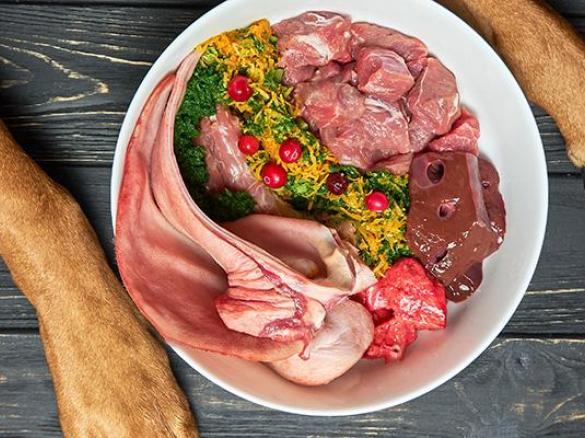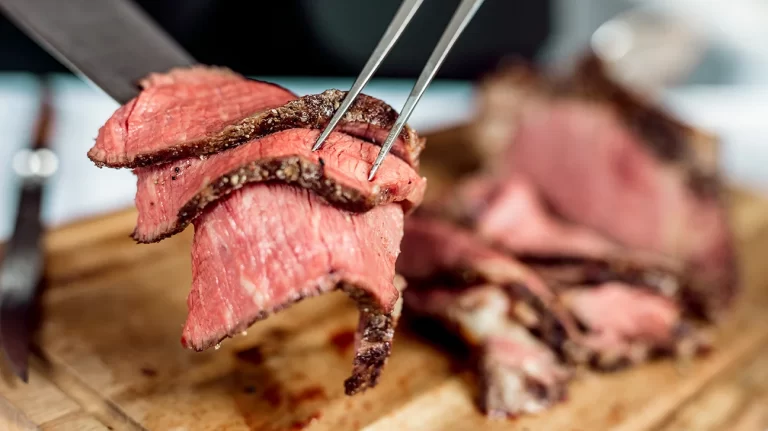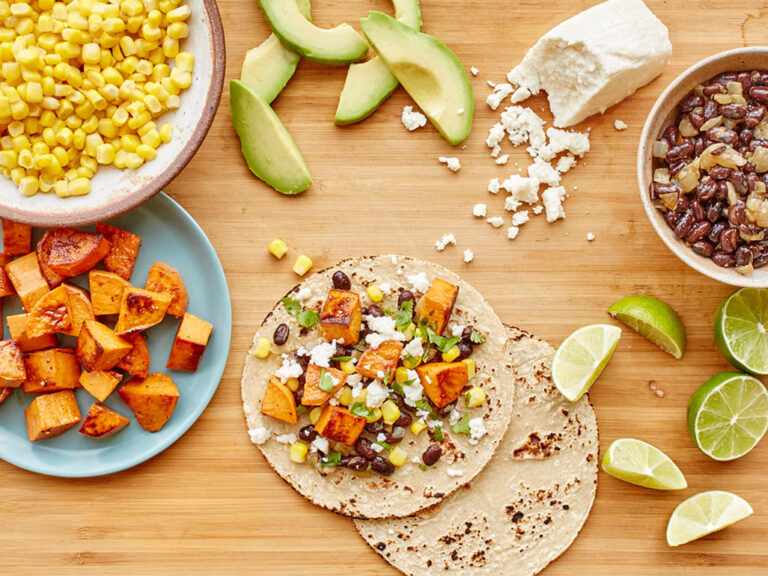Healthy Foods for Your Dog: A Guide to Canine Nutrition
Healthy Foods for Your Dog: Ensuring your dog gets the right nutrition is crucial for their overall health and well-being. While commercial dog food is formulated to meet canine dietary needs, supplementing your dog’s diet with healthy, natural foods can provide additional benefits. Here’s a guide to some healthy foods that you can safely include in your dog’s diet.

1. Lean Meats
Examples: Chicken, turkey, beef, and lamb.
Benefits:
- High in protein, essential for muscle development and energy.
- Provide essential amino acids and vitamins like B12 and niacin.
- Lean meats are easier to digest and less likely to cause obesity compared to fatty cuts.
Preparation Tips:
- Cook thoroughly to kill any harmful bacteria.
- Avoid adding any seasonings, especially garlic and onions, which are toxic to dogs.
2. Fish
Examples: Salmon, sardines, and tuna.
Benefits:
- Rich in omega-3 fatty acids, which support skin and coat health, reduce inflammation, and support cognitive function.
- Good source of protein and essential vitamins.
Preparation Tips:
- Cook the fish and remove all bones.
- Avoid seasoning and serve in moderation due to high mercury levels in some fish like tuna.
3. Vegetables
Examples: Carrots, sweet potatoes, green beans, broccoli, and spinach.
Benefits:
- Provide vitamins, minerals, and fiber, which aid digestion and overall health.
- Low in calories, making them excellent treats for overweight dogs.
Preparation Tips:
- Cook or steam vegetables to make them easier to digest.
- Avoid seasoning and offer in small, manageable pieces.
4. Fruits
Examples: Apples (without seeds), blueberries, bananas, and watermelon.
Benefits:
- High in vitamins and antioxidants, which support immune health.
- Provide natural sweetness and hydration.
Preparation Tips:
- Remove any seeds or pits, as they can be toxic or cause choking.
- Serve in moderation due to natural sugar content.
5. Eggs
Benefits:
- Excellent source of protein, vitamins (A, B12), and minerals (riboflavin, selenium).
- Support muscle growth and healthy skin and coat.
Preparation Tips:
- Cook thoroughly to avoid the risk of salmonella.
- Serve without seasoning.
6. Dairy Products
Examples: Plain yogurt, cottage cheese.
Benefits:
- Rich in calcium and protein, which are important for bone health.
- Probiotics in yogurt support gut health.
Preparation Tips:
- Choose low-fat and plain versions without added sugars or artificial sweeteners.
- Serve in small amounts to avoid digestive upset, especially if your dog is lactose intolerant.
7. Rice and Pasta
Examples: Brown rice, white rice, whole wheat pasta.
Benefits:
- Good source of carbohydrates for energy.
- Easy to digest and can help with gastrointestinal issues.
Preparation Tips:
- Cook thoroughly and serve plain without any sauces or seasonings.
- Mix with lean meats or vegetables for a balanced meal.
8. Peanut Butter
Benefits:
- High in protein and healthy fats.
- Provides vitamins E and B, niacin, and heart-healthy fats.
Preparation Tips:
- Choose natural, unsalted peanut butter without xylitol, which is toxic to dogs.
- Use as a treat or to hide medications.
9. Pumpkin
Benefits:
- Rich in fiber, aiding digestion and helping with both diarrhea and constipation.
- Contains essential vitamins like A, E, and C.
Preparation Tips:
- Serve plain, cooked pumpkin or canned pumpkin puree (not pie filling).
- Mix into your dog’s regular food in small amounts.
10. Oatmeal
Benefits:
- Good source of fiber, especially beneficial for older dogs with bowel irregularity.
- Contains vitamins and minerals that support overall health.
Preparation Tips:
- Cook thoroughly and serve plain without added sugar or flavorings.
- Can be mixed with lean meats or vegetables for a balanced meal.
Foods to Avoid
While adding healthy foods to your dog’s diet, it’s essential to be aware of foods that are harmful to dogs:
- Chocolate: Contains theobromine, which is toxic to dogs.
- Grapes and Raisins: Can cause kidney failure.
- Onions and Garlic: Can damage red blood cells and cause anemia.
- Avocado: Contains persin, which can cause vomiting and diarrhea.
- Alcohol: Even small amounts can be toxic and lead to serious health issues.
- Xylitol: A sugar substitute found in many products, toxic to dogs and can cause liver failure and hypoglycemia
Providing your dog with a balanced diet that includes healthy, natural foods can enhance their health, energy levels, and overall well-being. Always introduce new foods gradually and in moderation, and consult with your veterinarian to ensure the foods are appropriate for your dog’s specific needs and health conditions. By incorporating these healthy foods into your dog’s diet, you can help them live a long, happy, and healthy life.






